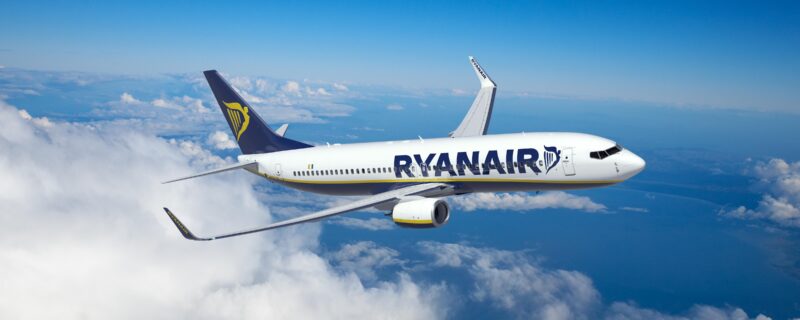EasyJet and Ryanair Prepare with Standby Fleets to Ensure Smooth Summer Operations 2024

In anticipation of the summer 2024 travel season, European low-cost carriers EasyJet and Ryanair are strategically positioning standby aircraft fleets to enhance operational stability and ensure schedule reliability amidst the ongoing narrowbody aircraft shortage.
Johan Lundgren, CEO of EasyJet, disclosed to Aviation Daily that for summer 2024, EasyJet plans to deploy 14 standby aircraft, an increase from 10-14 in the previous year, within its total fleet of 346 Airbus aircraft for this financial cycle. The standby fleet will be distributed across key locations, with six aircraft in the UK, six more across Europe, and two stationed in Switzerland.
Lundgren emphasized the strategic placement of these standby resources, stating, “We’re not just positioning standby aircraft based on last year’s locations. We are proactively identifying potential congestion points for this summer, positioning aircraft and spare parts accordingly.”
Ryanair Group’s CEO, Michael O’Leary, informed Aviation Daily of approximately eight backup aircraft, approximately 1% of Ryanair’s 600-aircraft fleet, earmarked for standby. O’Leary highlighted that the rest of Ryanair’s fleet will be maximally utilized daily from 5:30 a.m. to 11:00 p.m.
Recent summers have seen European airports struggling to handle a surge in post-pandemic travel, resulting in operational disruptions, delays, and cancellations. Challenges such as aircraft delays and air traffic control (ATC) strikes have exacerbated these issues for airlines across Europe.
Lundgren, speaking at the Airlines for Europe (A4E) Summit in Brussels, noted that while some progress has been made in areas impacting operations, such as airport and ground handling preparedness, the upcoming summer could present new challenges. However, improvements in ATC operations in some regions are a positive sign.
A significant development is the new French regulation requiring air traffic controllers to give 48 hours’ notice before striking, a rule change expected to reduce the impact of ATC strikes on European aviation significantly.
Additionally, EasyJet is leveraging artificial intelligence (AI) and machine learning for summer preparation, including schedule simulations and AI-based capacity optimization. Initiatives such as adding extra turnaround time at congestion points, predictive maintenance, and schedule adjustments based on data analysis are part of EasyJet’s strategy to minimize disruptions and enhance passenger experience.
Lundgren expressed optimism about the transformative potential of data and AI in revolutionizing airline operations in the coming years, underscoring EasyJet’s commitment to operational excellence and resilience for the summer travel season.
Sources: AirGuide Business airguide.info, bing.com, aviationweek.com
